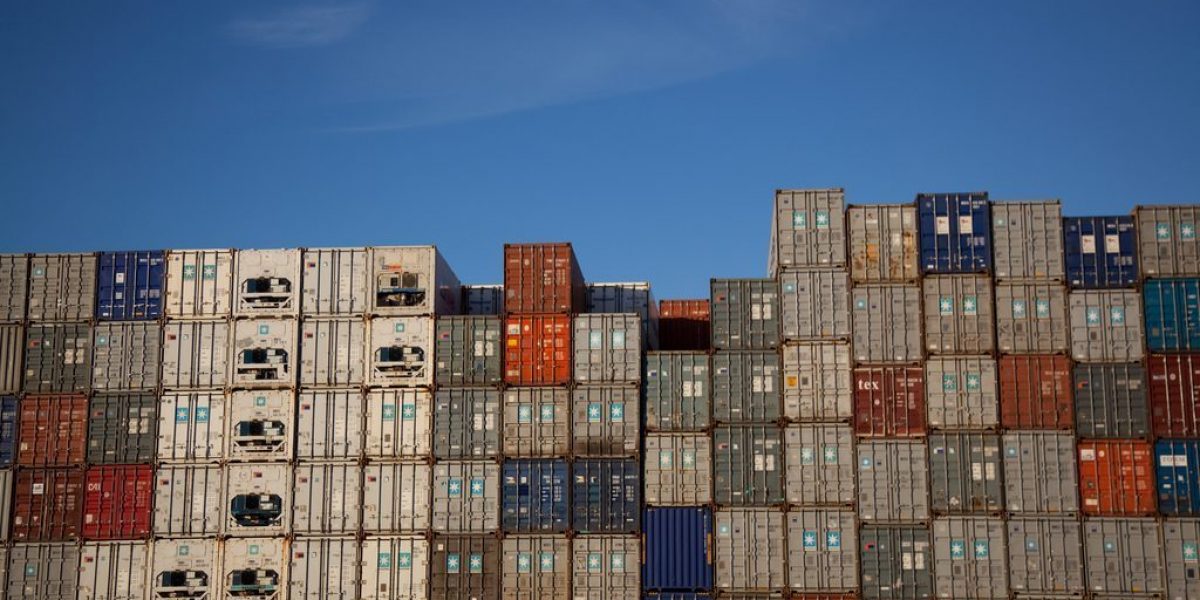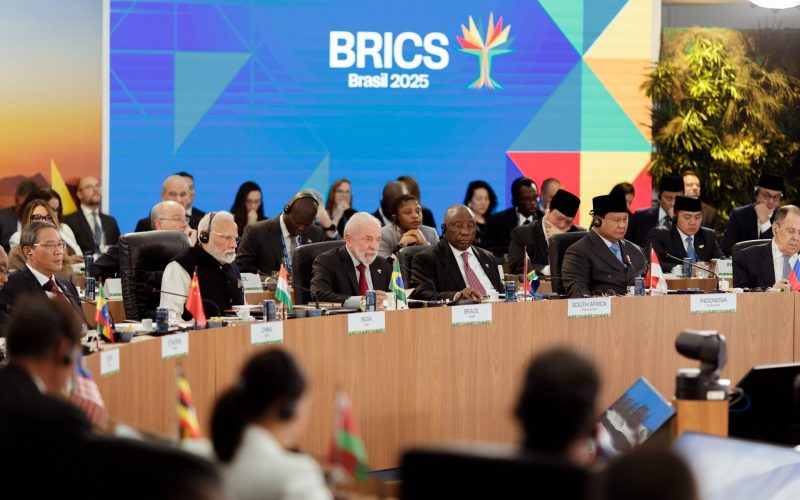But from a trade perspective, what opportunities does it offer South Africa’s traders and how will it boost intra-African trade and increase Africa’s share of diminishing world trade? Provided the recommendations on trade are properly and effectively implemented, South Africa stands to benefit in three related ways: The elimination of non-tariff barriers within Africa through trade facilitation measures would enable South African companies to increase their continental share of trade in goods and services as a result of reduced transactions costs; the removal of some of the egregious trade protectionist policies in developed countries, particularly in agriculture, could increase South Africa’s exports and provide the stimulus needed to achieve increased growth; and more indirectly, if the reforms lead to general prosperity on the continent, there would be positive spin-offs for South Africa by being part of a ‘good neighbourhood’.
The challenges are immense but there is reason for optimism. Already there are encouraging developments towards improving the trading environment for the private sector on the African continent. One such initiative is NEPAD’s regional infrastructure development programme, which aims to bridge the infrastructure gap and promote regional integration.
The report underlines the need for Africa to increase its diminishing share of world trade if it is to achieve sustainable growth and poverty reduction. The report identifies three broad areas that require the concerted efforts of both Africa and the international community to address.
First, boost Africa’s trade capacity and international competitiveness. This requires massive investments in infrastructure and the creation of an enabling business environment for the private sector. More importantly, this covers trade facilitation measures sorely needed on the continent such as customs reform and the removal of regulatory barriers, especially in transport and regional integration.
This is probably the most important recommendation where African traders are concerned. It is an open secret that Africa’s export capacity is constrained more by ‘supply side’ difficulties than by tariff barriers and subsidies in rich country markets.
The major challenge is for Africa to increase its competitiveness. Fortunately, a significant part of the report’s recommendations on this issue fall squarely within what African countries should be able to deliver on, and should therefore receive the highest political attention if progress is to be realized. This includes the creation of a stable and predictable economic framework, an enabling regulatory and legal environment, effective public administration and service delivery, and curbing corruption and excessive bureaucracy that often lead to increased transaction costs for traders.
The report also focuses on how to address the infrastructure problems on the continent and proposes allocation of US$ 20 billion per year to address this issue. It is a well-known fact that the efforts of African traders are hampered by lack of adequate and reliable trade-related infrastructure like rural and urban roads, railways, ports and airports as well as telecommunications, energy and water, all of which are critical for stimulating trade and economic growth. There are massive potential gains from such investments considering that transport difficulties alone currently constitute about three quarters of the value of exports in landlocked countries, many of which are in Africa.
More importantly the emphasis on reducing barriers to trade within the continent to enhance intra-Africa trade should be good tidings to African traders. A plethora of factors hamper the movement of goods and services across the continent’s borders. These are both tariff and non-tariff barriers and include high tariffs, especially on agricultural products, cumbersome customs procedures, excessive paperwork, general inefficiency and inordinate border and port delays.
Although the costs of red-tape and inadequate infrastructure are debilitating to all economies, low-income countries and smaller traders are the hardest hit. Delays at African customs are on average longer than the rest of the world – 12 days in Sub-Saharan Africa, compared to 7 days and 5.5 days in Latin America and Central and East Asia respectively.
This implies additional costs paid by traders to find the proper information, fill the numerous forms and even to bribe officials in order to speed up the clearance of their goods. Since the additional expenses do not vary according to the value of the goods or the volume of sales, they serve to increase the operational costs per unit and put African firms in a much weaker position than larger international firms. Any efforts to solve this problem should be welcomed and supported by all traders and governments.
Second, eliminate trade barriers in Africa’s key export markets in developed and developing countries. The report calls upon rich countries to agree to immediately eliminate trade distorting support to cotton and sugar and to make a commitment, when they meet for the Hong Kong WTO Ministerial Conference in December 2005,· to end all export subsidies and all trade-distorting support in agriculture by 2010.
The successful conclusion of the Doha Development Round of negotiations is in the interests of all countries. As Africa moves towards addressing its supply-side weaknesses, the playing field must be leveled to allow these countries and their traders to compete effectively in the international markets. If rich country protectionism is not radically tackled, there would be little incentive for African traders to increase their trade capacity as their competitors would still have an unfair advantage over them.
Third, provide adjustment or provisional support to Africa to cushion these countries against the adverse effects of reform. This would be achieved through improving the effectiveness of current preferences by extending these schemes to all low-income countries in sub-Saharan Africa, and ensuring that the rules of origin are relaxed and simplified. In addition to that, call upon rich countries to fund ‘aid for trade’ to enable poor African countries to meet economic and social costs of adjusting to a new and more competitive international trading climate.
While the overall effects of liberalization would be generally positive, the likely short-term shocks to these countries’ economies require the introduction of adjustment assistance mechanisms or safety nets to help them shoulder the burden of reform. Profits from improved preferences through less onerous rules of origin, for example, could help African traders to afford the expensive restructuring processes needed to participate in a more competitive global system.
It is imperative, however, to note that all these efforts would only bear fruit if there is effective and sustained co-operation among all stakeholders like African governments, the international community, the private sector, and civil society. We can only hope that the political will to implement these recommendations shall not be found wanting.








